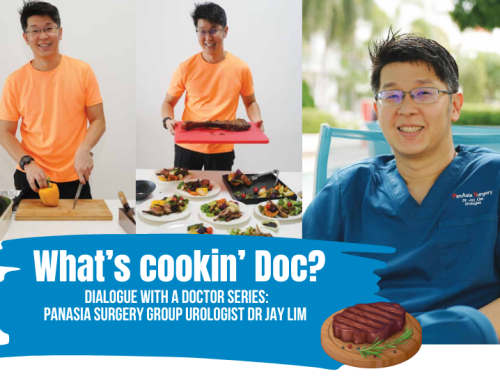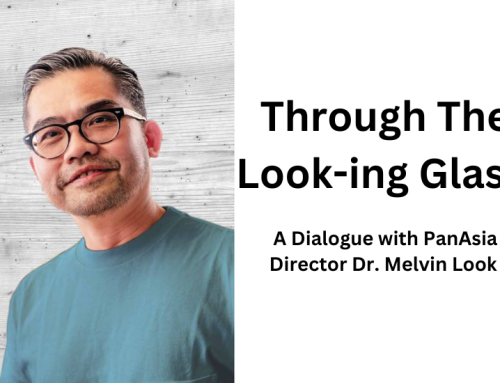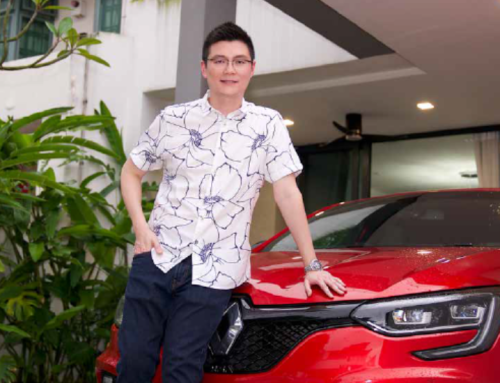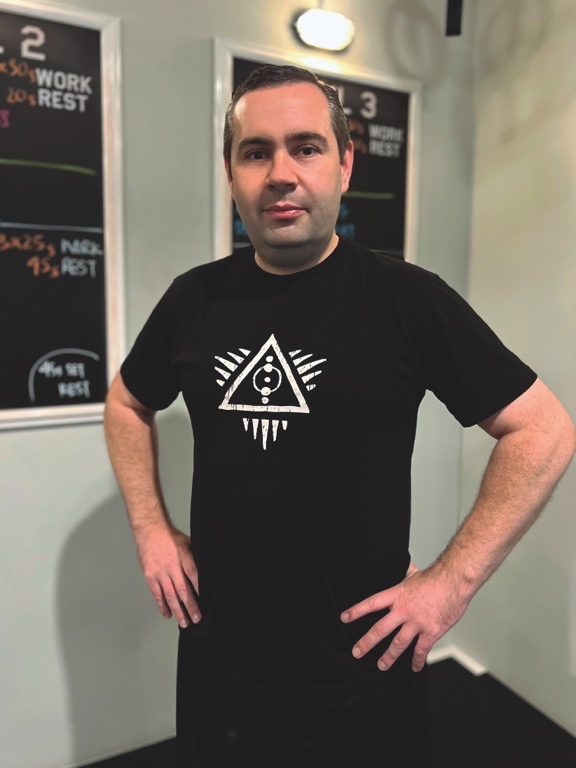
Neurosurgery is among the most difficult, intellectually challenging, and cerebral of medical specialties.
It is certainly one of the most difficult medical specialties to get into. Sometimes described as being “as much art as science”, this discipline encompasses different aspects, such as microsurgical techniques, treatment of the brain and comprehensive reconstruction of the spine.
In order to become a successful neurosurgeon, one literally needs to be a scientist and a clinician at the same time.
When working on disorders of the brain and understanding the intricacies of the spine, there is also often a need for neurosurgeons to make daily “life-or-death” decisions in a “pressure cooker” environment that requires the very best and most capable hands. In this issue, we have the privilege of picking the brain of Dr Colum Nolan, Medical Director at Oxford Spine and Neurosurgery Centre, to find out more about his views and experiences on health and wellness issues, why he chose spine surgery as a subspeciality and his interest in HIIT.

Good day to you, Dr Nolan! Thank you for taking time out from your busy schedule for this interview with us. Let us begin with the most basic of questions: what do the terms “health” and “wellness” mean to you?
Dr Colum Nolan: Good day to you as well! It is certainly my pleasure to speak with Prime, and share some of my insights on health and wellness with Prime readers.
First off, on your question: to me, health is essentially the absence of disease, whereas wellness is a more holistic concept with physical, mental, emotional, social, and even environmental and spiritual aspects. think wellness is an active process, and depends on our choices and lifestyles. But ultimately, it is the pursuit of a longer, healthier and more fulfilling life, with a sense of meaning and contribution.
I have always been aware of the importance of good health, but we tend to take things for granted when we are younger.
I started to become more health conscious in the last few years when noticed that my weight and energy levels fluctuated, depending on my activity levels and the kinds of food I ate.
Do you think you have a healthy lifestyle?
CN: I try to maintain a healthy lifestyle as much as possible, but it can be difficult with long working hours and all the commitments of modern life. As working adults, our work hours can be variable. But I think it is important to set rules for ourselves about the minimum number of times we exercise each week, no matter how busy or tired we are.
I find it helpful to remind ourselves that nobody ever regrets having done a workout.
In terms of physical activities, while I was quite active as a teenager, I became less so in adulthood as I became very busy with my studies and (subsequently) my practice. However, since I moved to Singapore almost 8 years ago, I have been more conscious of my activity levels in terms of keeping my weight under control and also maintaining a normal blood pressure. This is all in the hope of enjoying a longer, healthier life. But anyway, keeping active is also pretty fun actually!
Like everybody, try to watch what I eat. usually focus on eating more natural foods and avoiding processed food, which can be difficult to do when get busy. Personally, my body is quite sensitive to carbohydrates, so am conscious of the ratio of carbohydrates in my food intake. try to reduce my consumption of things like rice and bread, while also substituting the white variety of these foods with brown rice and wholemeal bread.
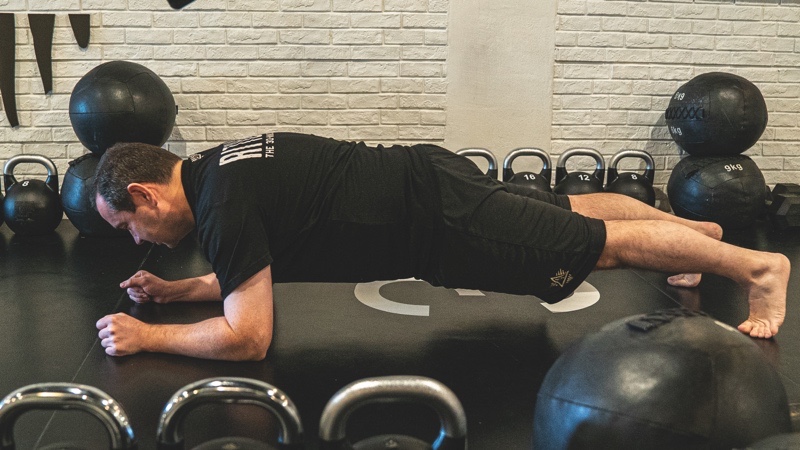
Talking about physical activities, how do you keep in shape?
CN: Currently, I go to the gym about 3-4 times a week. I have also recently commenced yoga practice once a week.
On other days, I often go for long walks or gentle runs. I try to make sure that I do more than 10,000 steps per day.
For my gym work, I tend to do HIIT workouts more often than not. I also do at least one workout focusing more on resistance training per week. So if I go to the gym 4 times a week, then it would tend to be 3 HIIT sessions and one session focusing more on resistance training. Many of my HIT sessions do incorporate some resistance training components as well.
Tell us more about your HIIT workouts.
CN: One of the best things about HIT training is that the time performing exercise is actually a lot less than doing a 60-minute weights session. The gym I go to for my HIIT training is known as the “30-minute gym”. It is perfect for my work as whenever I have some free time, I can quickly log onto their app and see which sessions are available for booking.
HIIT training has helped me to build up my fitness and maintain a healthy body weight. I have found that a healthy body weight actually helps with my work as no longer suffer from back pain when I perform long surgeries. This is a direct correlation with the weight I have lost.
HIIT also happens to be a very fun activity. There is a group aspect to it as you are working out with other people and together, with the encouragement of the coaches, you will find you never want to give up. It is easy in this sort of close-knit environment to push yourself hard to reap all the best benefits of training.
While, as with most other things in life, we should not completely rely on one thing for our needs (this applies to exercise as well), I believe incorporating HIIT into an exercise regime would be beneficial for most people.
Going back to diet, what is your opinion on following a particular form of diet and on the taking of supplements?

CN: I have gone on diets in the past. I have tried the Atkins diet and other carbohydrate-restricted diets. They do work, but they are not sustainable and indeed, probably not healthy in the long run. While there are many diets out there right now, the one thing that most of these diets have in common is calorie deficits. This means that ultimately the deficit is created by reducing the intake of calories and increasing the burning of calories, which then leads to weight loss.
I think that having a good balance of healthy proteins, carbohydrates and fats is important. If the aim of going on a diet is weight loss, then one needs to maintain that balance, while reducing overall calorie consumption and increasing physical activity to burn the calories away. Reducing calories without exercise would have limited effect. On the other hand, exercising without reducing calorie intake would not work as well.
In terms of supplements, I do take a number of supplements, including fish oil, magnesium, apple cider vinegar, vitamin C, curcumin, Co-Q10 and multi-vitamins. But would rather emphasise on the importance of eating a good variety of foods to obtain the optimal nutrients that your body needs, rather than strongly recommend that you take supplements for your nutritional requirements.

How about sleep and stress management?
CN: Where I can, try to get about 6-7 hours of sleep on weekdays and 7-8 hours of sleep during the weekends. A good sleep pattern is definitely important, but this is often overlooked when people get busy with their work and other activities. We need to remind ourselves that poor sleep is associated with longer term health problems and weight gain.
On days when I do not get enough rest, I have found that power naps can be helpful.
The truth is that in our line of work as surgeons, adrenaline can kick in when we are working, including during emergency surgeries. Thus, even at times when we are somewhat tired, we are still able to achieve a high degree of focus when we need to perform.

In terms of stress, I think everybody would feel a certain degree of stress at times. Stress can be work-related or related to other aspects of our lives, especially as most of us are juggling several roles and responsibilities at the same time. find that keeping active is good for our mental health. Yoga can be particularly helpful in calming the mind. also believe in meditation and mindfulness. A lot of workplaces now focus on mindfulness for their employees. For me, meditation can be either in the form of guided meditation, or be something as simple as becoming aware of one’s breathing and using that to calm the mind.
Let’s talk about your medical specialty: neurosurgery. Why did you choose to go into this field, with a subspecialty in spine surgery?
CN: I initially pursued neurosurgery as a specialty because found that, in addition to having to perform intricate surgeries on the brain and spine, neurosurgery also requires skills in looking after critically ill patients in collaboration with colleagues from other departments, such as ICU colleagues and radiology colleagues (for the reading CT and MRI scans).
There is also a high volume of emergency work, which is exciting as you never know what will come next.
Another important trait of a neurosurgeon is to possess good communication skills. This is because sometimes, we have to relay bad news to patients and their families. When patients are critically ill, we have to be able to guide their families through their most difficult moments.
There is another aspect that attracts me to neurosurgery: the technical advancements. As went through my training in spine surgery, became fascinated with the advances being made in the field, in terms of safer techniques and the adoption of technology. Learning to perform minimally invasive spine surgery and using technologies, such as computer navigation, have been very fulfilling. We are also starting to see increased Use of robotic technology in spine surgery now. It is exciting to see where this will take us over the next decade.
That certainly sounds interesting and challenging. Let’s move on to some personal thoughts. How do you see people’s awareness of health and wellness changing? Do you think COVID-19 have had an impact?
CN: The awareness of health and wellness is growing throughout the world. In many countries, the wellness industry has been commercialised a lot. The wellness industry has also become prominent in our social media feeds. But I think ultimately, we can attain good health and wellness by making simple changes in our lives, without the need to spend lots of money on commercial programmes.
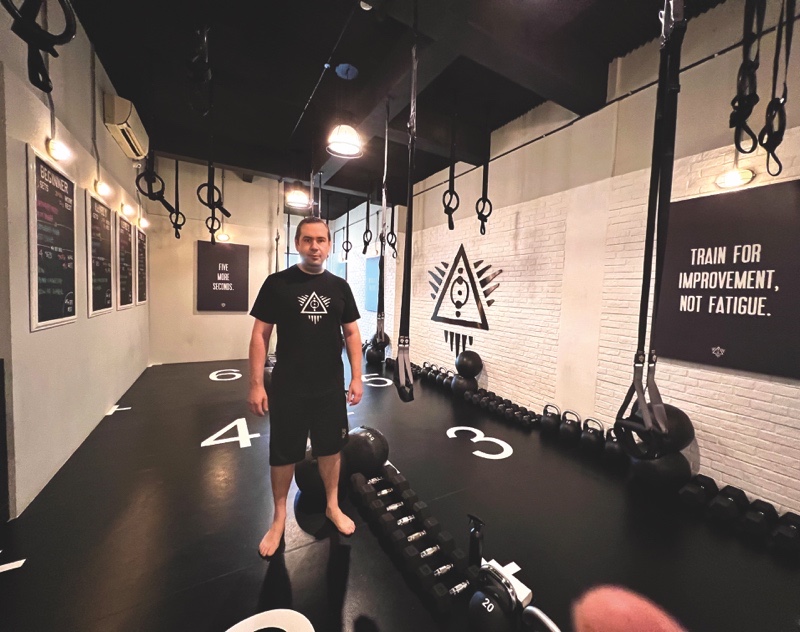
I think there s no doubt that COVID-19 has changed the way people value health. Whilst we were lucky that the number of deaths from COVID-19 is very low in Singapore, we saw huge numbers of people dying in other countries. And often, these deaths occurred in people who had underlying health conditions.
Another key aspect of health that COVID-19 has affected greatly is mental health. Many people suffered greatly during the pandemic.
Yet, in Singapore, we saw a galvanising effect as it brought people closer together, and fostered community spirit and resilience.
This is nice to see. We are certainly in a better place going forward. People also now tend to have a renewed focus on work-life balance.
What do you think are the key challenges that modern life is posing to our health?
CN: think this is pretty universal to everybody. We are all leading busier, more demanding lives. Most of Us are finding it more difficult to achieve a good work-life balance. But the truth is whether we are conscious of it or not, we are all pursuing health and wellness in our own ways.
Another big factor in our lives that a poses a challenge to our health is our screen time on our phones. We are bombarded by newsfeeds, advertising, social media feeds, etc. 24/7! It is relentless!
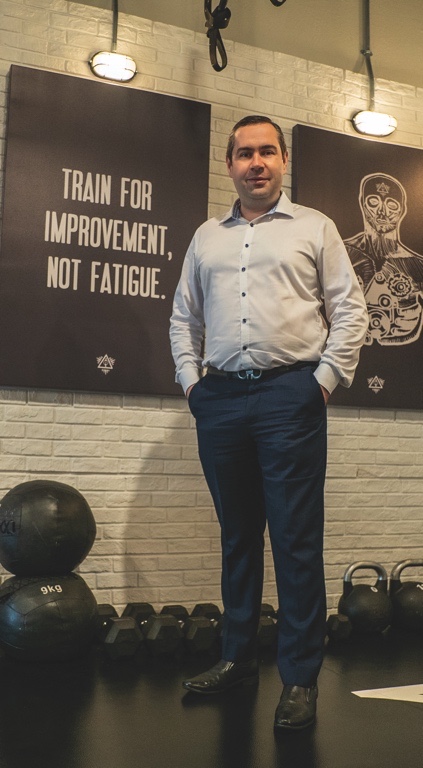
While it is great thing and a privilege to live in this information age, we should learn to switch off at times. I had dinner with a friend who was visiting from the UK recently, and we were discussing about how everybody in Asia tends to be constantly glued to their phones. We both observed and agreed that this phenomenon is not as noticeable in Europe.
In your line of work as a spine surgeon, what aspects of health do you often see people neglecting?
CN: In my daily work as a spine surgeon, back pain is one of the most common conditions I encounter and treat.
Predisposing factors for back pain include an inactive lifestyle, being overweight, poor diet, smoking, poor posture and incorrect lifting techniques. You can see how a number of these factors are related to poor health.
Finally, what advice do you have for people who want to stay healthy?
CN: My advice would be to place a renewed emphasis on health going forward, and to focus on eating well and keeping active.
Whilst we do not necessarily have to consciously think about and pursue all the aspects of wellness that we discussed at the start of this interview, I think it is important that we think about the choices we make, and the lifestyles we lead. From there, we can and should try to improve on these where we can. Ultimately, we all want to live a longer, healthier life – with meaning and a sense of contribution to society.
Dr Colum Nolan
www.oxfordspineneuro.sg
Mt Elizabeth Novena Hospital
38 Irrawaddy Road #06-48/49, Mt Elizabeth Novena Specialist
Centre, Singapore 329563
PRIME
Watch Dr Colum Nolan here.








